We’ve all been aware for a long time that London is far too expensive to live in. For years, we’ve shrugged it off, closed our eyes and pretended we’re not spending 70% of our income on housing. However, it seems that now Londoners have finally wised up to the ridiculous housing costs and are doing the unthinkable… actually leaving London. That’s right, London’s boom in property prices has caused the amount of people in their early 30s leaving the capital city to double.
‘My husband and I are both freelancers and we’d been thinking about leaving London for a couple of years,’ says Daisy Buchanan, 33, author of How To Be A Grown Up, ’as we both worked from Home it didn’t make sense to live somewhere so expensive, especially when we were saving for a house deposit.’
Having lived in London for ten years, Daisy moved to Margate, and found that not only was it much more affordable, but a better way of life in general. ‘[Margate] has a very creative, arty community, there are so many things to do and it’s very beautiful. Our flat is right on the beach and every night, I fall asleep listening to the sea,’ she continued, ‘I thought I’d miss [London] enormously. I do get the occasional pang, but life in a new town feels like a choice, never a compromise.’
In fact, life outside London has given her a sense of community that was missing from her life in the capital city. ‘I’ve made so many brilliant new friends, and I never go out without bumping into someone I know,’ she said, ‘there are so many activities to get involved with. I feel much calmer and less anxious, a year after the move. It’s been great for my mental health.
Daisy’s not the only one finding solace outside the big smoke, according to a report by the Resolution Foundation think tank, more people are leaving London than arriving from the rest of the UK. And while the overall population has grown by 1.6million since 2001, the number of people in their early 30s leaving London has doubled since 2009, with net migration climbing to 90,000 last year.
Stating that housing in London was ‘oppressively’ expensive, the thinktank declared that coupled with weak increases in earnings, living standards have decreased so much that people are forced to move out of the city, once considered the highest income region of Britain. Now, when accounting for housing costs, London is below the national average for typical incomes, at £21,350 compared to £22,250 across the UK. In fact, the extent to which housing costs have increased beyond earnings growth is so severe that the average household is now paying a £5,400 ‘housing failure bill’.
It’s not all bad news though, recent evidence has shown that the London housing market is cooling off in response to the increasing lack of affordability, a phenomenon that has led to millennials being dubbed ‘generation rent’.
While the housing market can react relatively quickly to changes in demand, tackling employment is a much trickier area. London’s economy has grown by 17% in 2007, however this is due to higher employment and hours worked as oppose to rising productivity. Where our previous growing sectors were high paying, high productivity like banking and professional services, now low-paying, low-productivity sectors have taken over as the source of job growth- with hospitality and administrative services increases by 35% and 29% respectively.
Overall, this means London’s productivity has fallen by 1%, compared to a 1.5% increase across the UK. It sounds small, but with targets for annual productivity set at 3%, a 1% decrease is significant slump.
‘People assume London’s economy has been running away from the rest of the UK since the financial crisis,’ Stephen Clarke, a senior economic analyst at the Resolution Foundation told The Guardian, ‘but London’s economic growth is purely down to its population explosion, with hospitality replacing banking as the big growth sector in the capital. Sectors that have traditionally powered London’s productivity growth, from finance to IT, are if anything going backwards.’
‘This shift has been great news for employment. But it means that London, far from racing ahead, has actually been holding the country back on productivity, with troubling consequences for pay and living standards.’
So, should we all follow suit and move out of London? It might sound like hell to a born and bred Londoner, but for the rest of the UK it’s an expected part of life that you may need to move to a new city to pursue the career you want. In fact, if hordes of talent migrating to the rest of the UK means there’s a better balance of industries located across different cities, we’re all for it.
Click through to see all houseplants you should be buying for good vibes...
Debrief Houseplants For Good Vibes
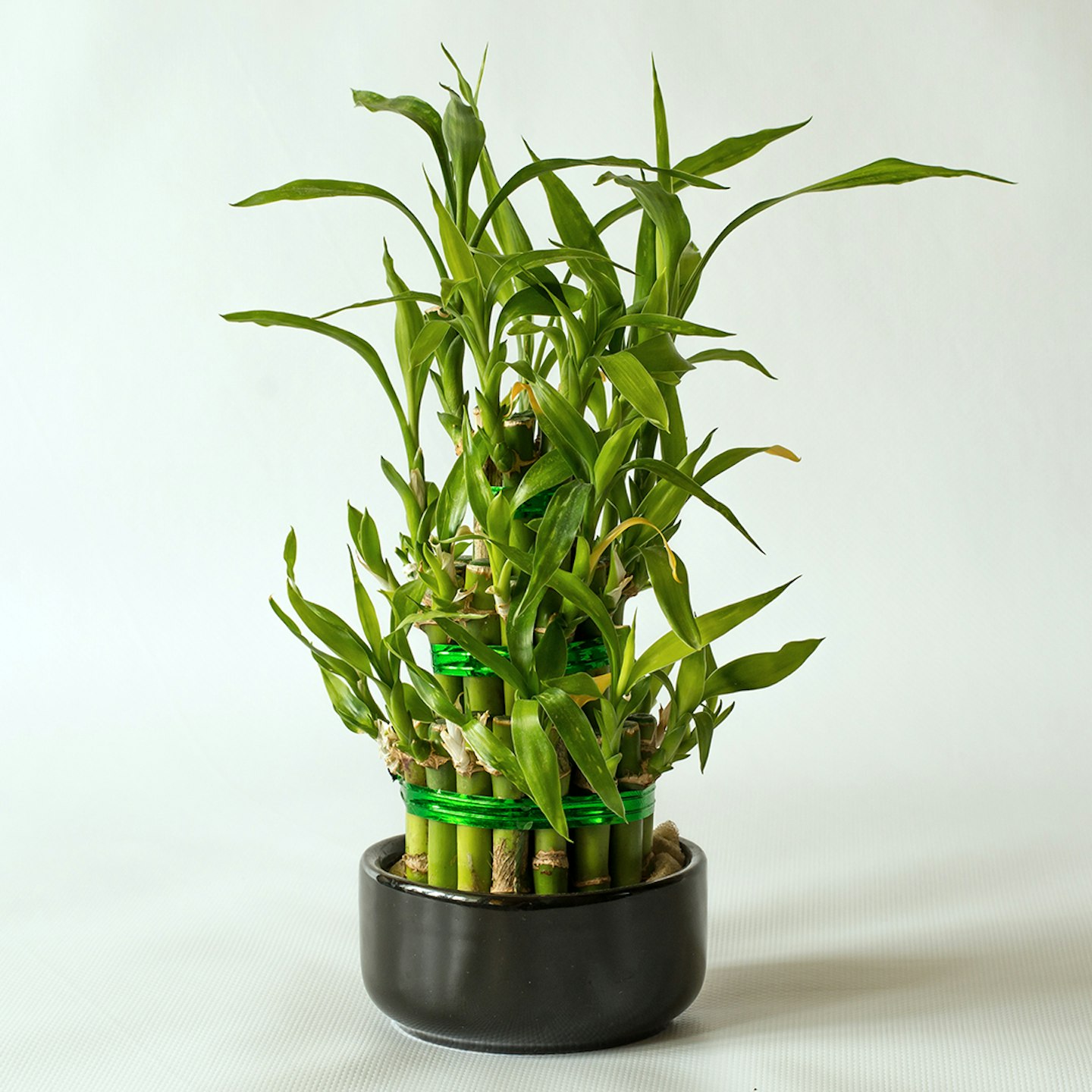 1 of 8
1 of 8Bamboo
In feng shui, they talk a lot about 'lucky bamboo', and while purchasing a bamboo plant a plopping it in the middle of your room won't suddenly turn you into a master of the art, we can certainly appreciate the fact that it's been used as a symbol of vitality, good fortune and prosperity for thousands of years.
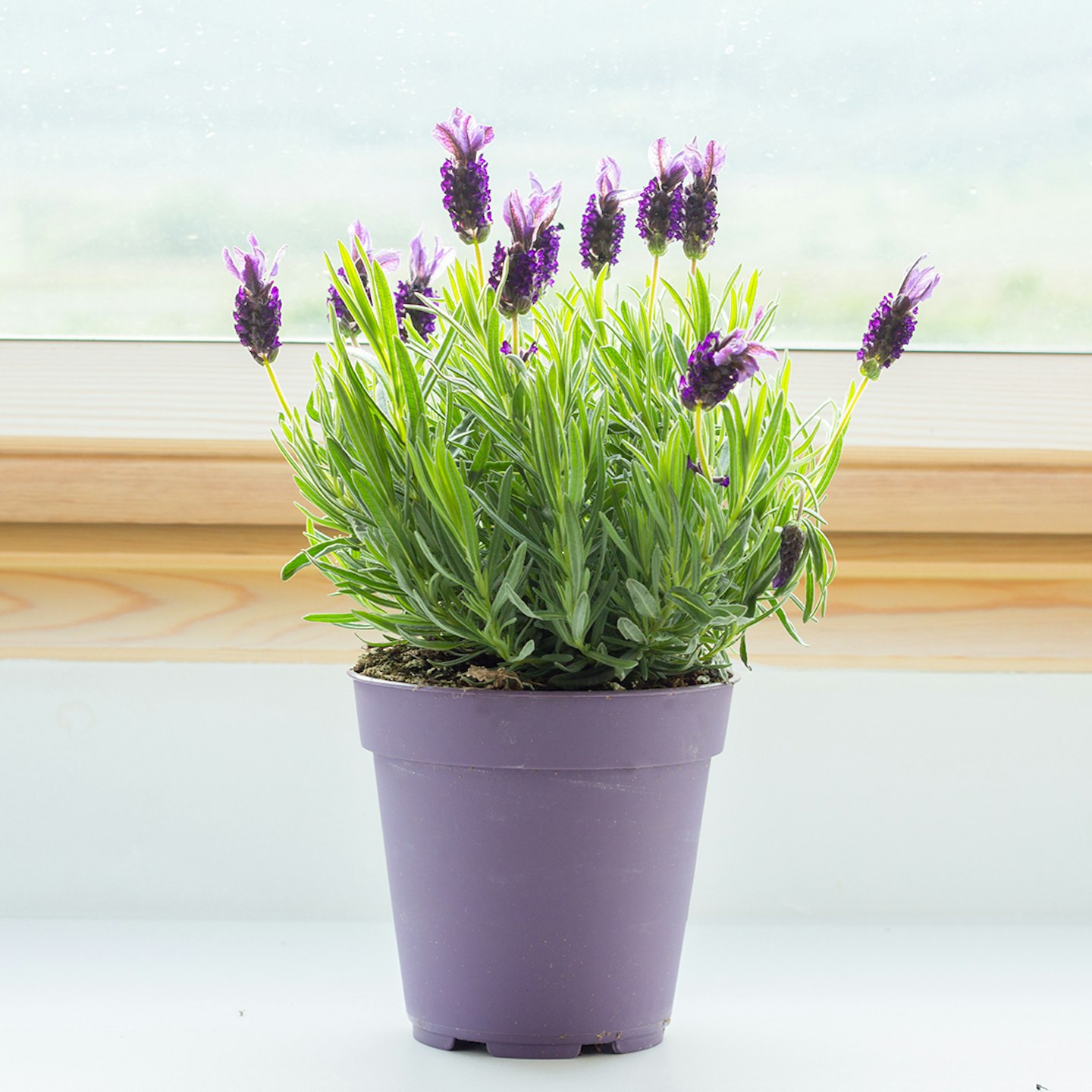 2 of 8
2 of 8Lavender
You're probably pretty familiar with the benefits of things like lavender oil in aromatherapy and stuff - it helps relax, is meant to improve sleep and some believe it helps blood circulation too. So, having a pot of the real deal IRL can't hurt.
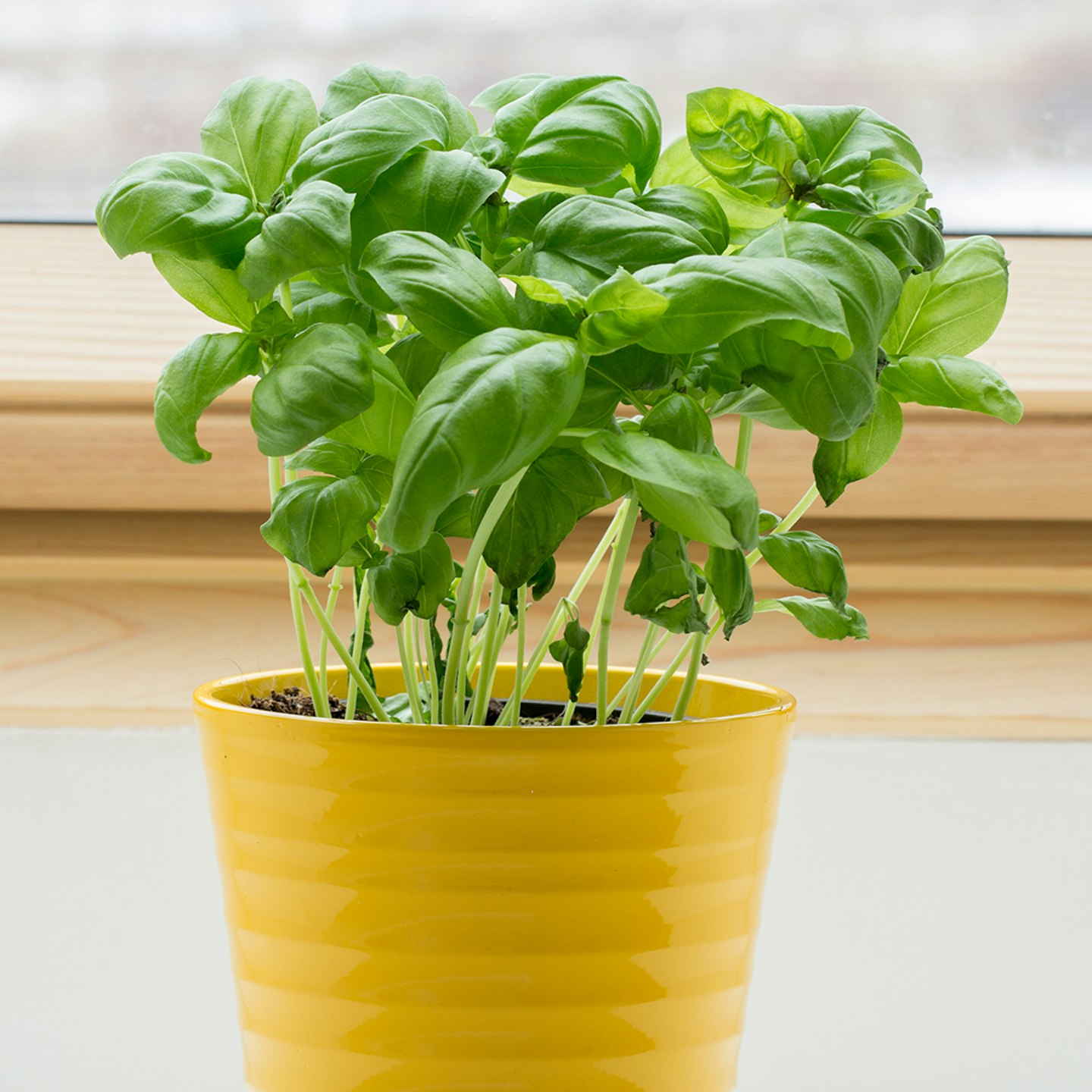 3 of 8
3 of 8Basil
I best you didn't know that basil releases oxygen for about 20 hours or so a day? It's super purifying, absorbs toxins and is believed to get rid of negative energy. Also, they're super cheap to buy.
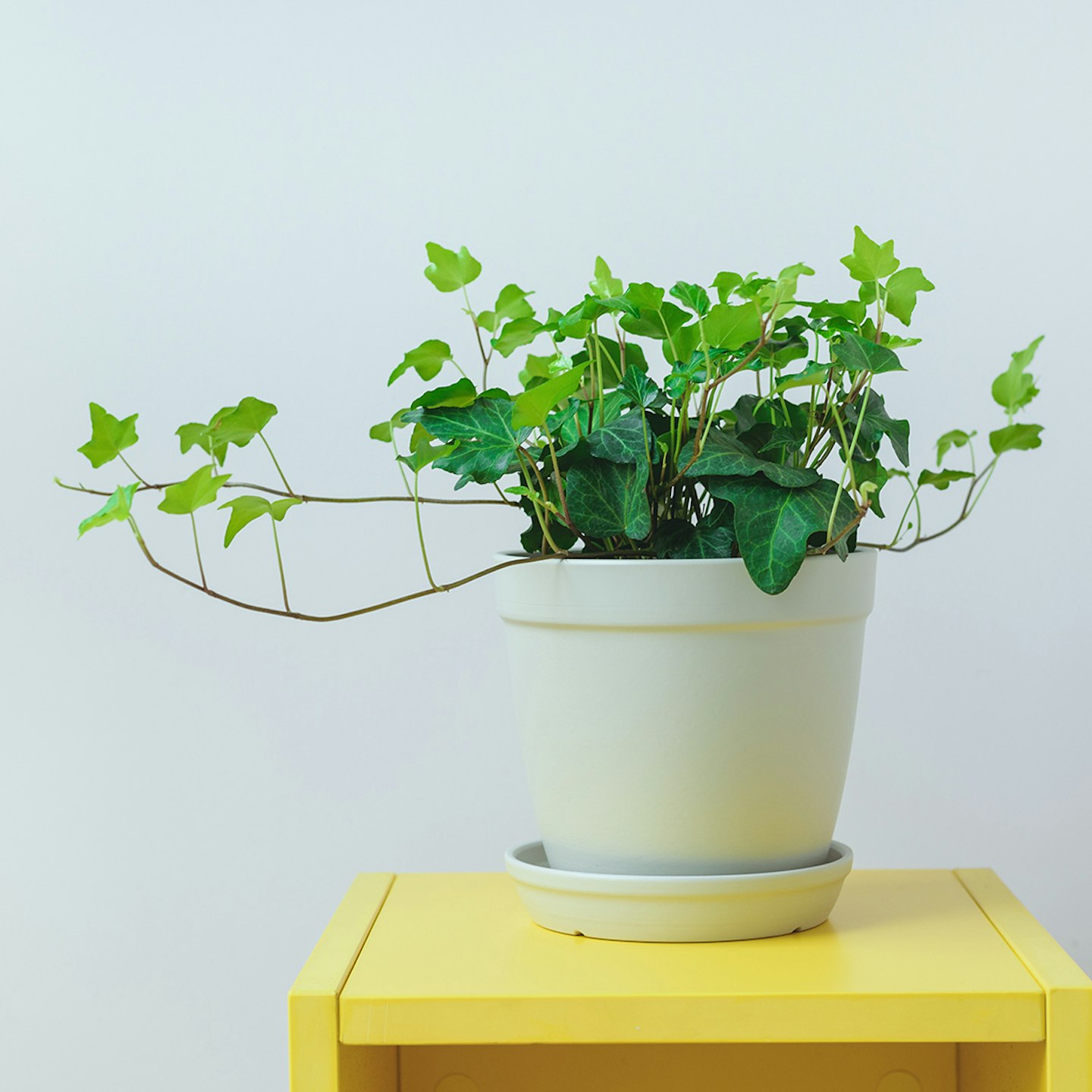 4 of 8
4 of 8Ivy
Ivy is the king of air purification and as we said, the elimination of toxins play a big part in enhancing your good energy. Back in the day people used to pop them in doorways to promote good health and good luck. Worth a try?
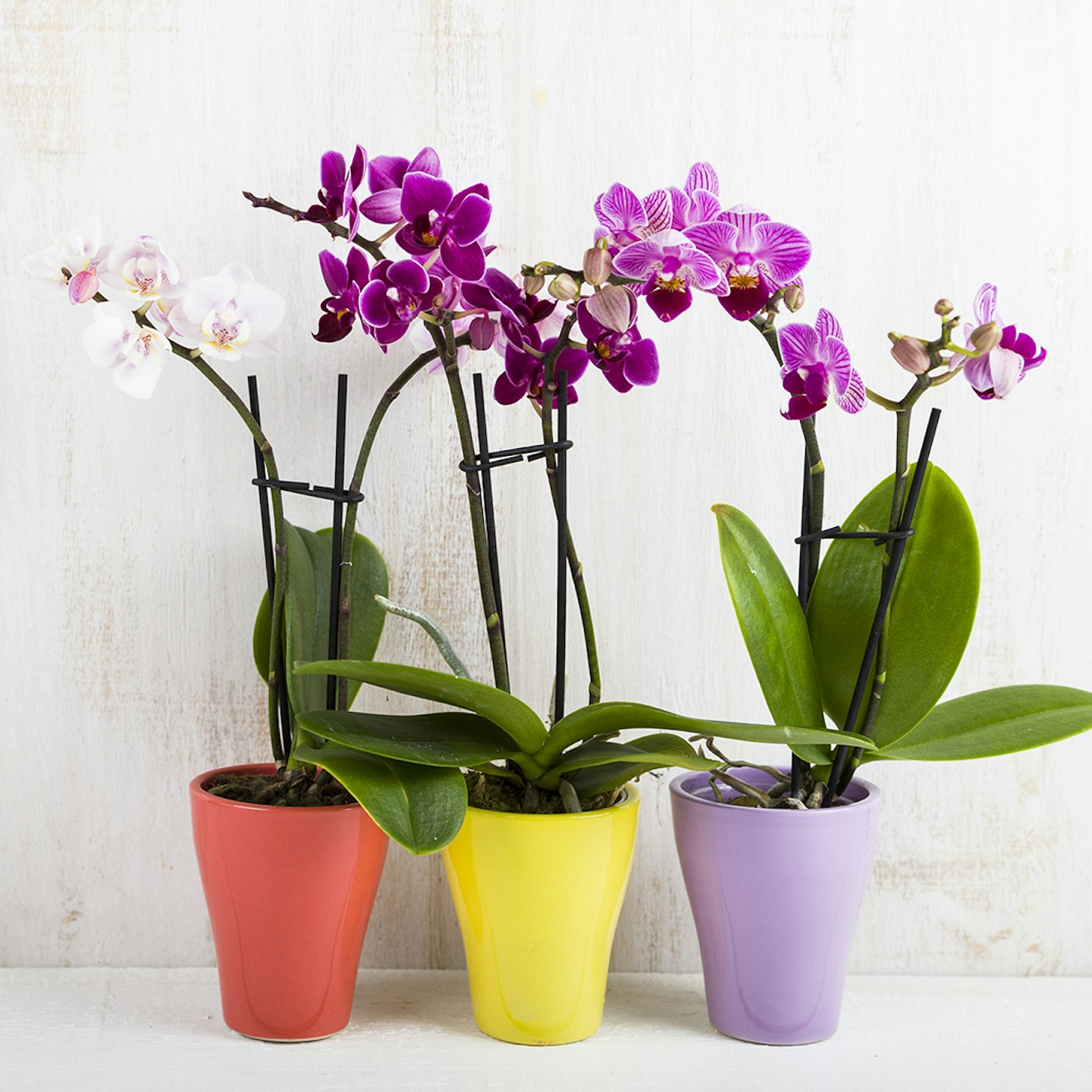 5 of 8
5 of 8Orchid
Word on the street is that orchids will help you get restful sleep. Their oxygen release tends to happen in the night time so plonk one of these in your bedroom to aid better kip. According to feng shui, they also attract positive energy to your home, the type that contributes to romance and the big L.O.V.E.
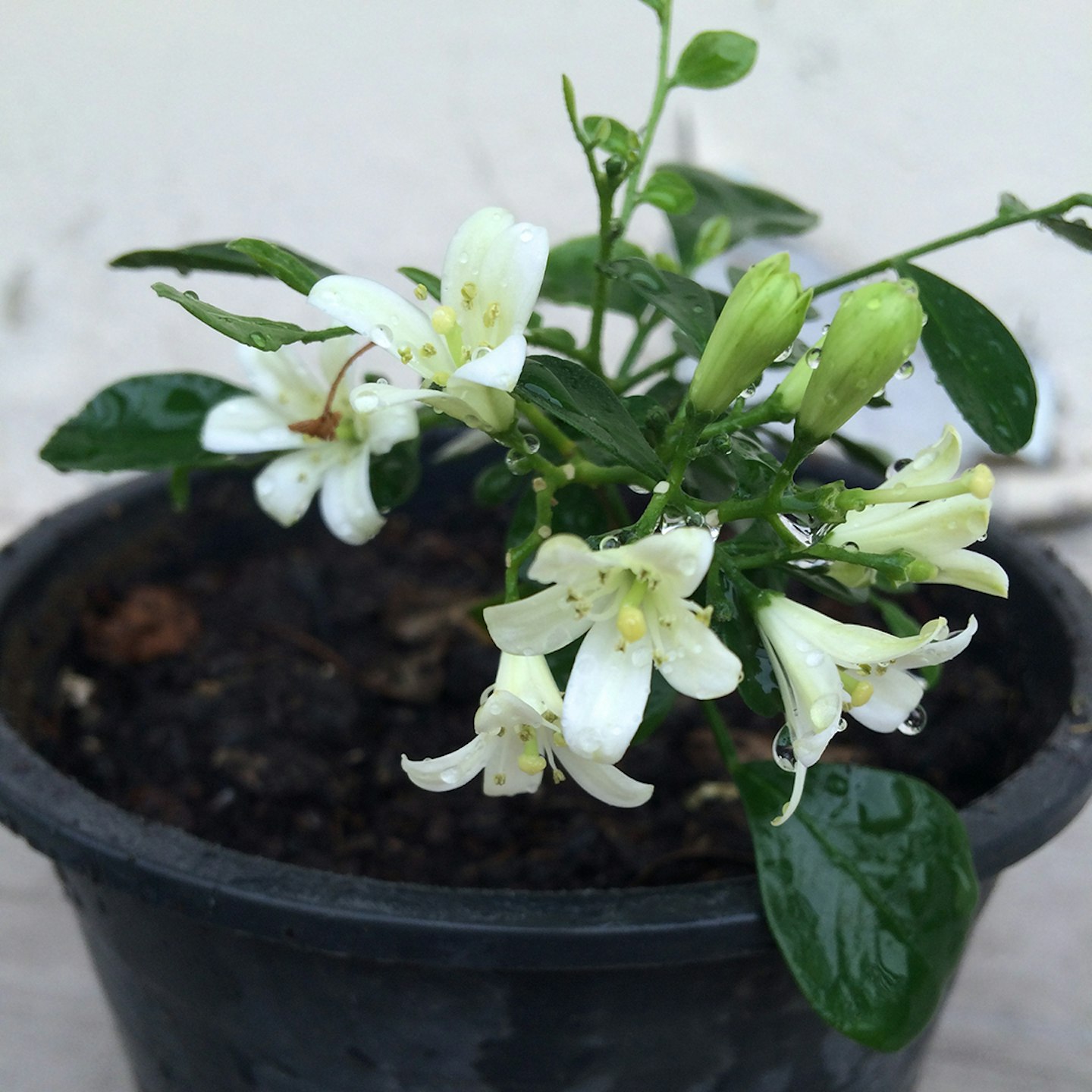 6 of 8
6 of 8Jasmine
Fragrant flowers are a bit of a theme in this list. In Persia the jasmine is considered to be extra special because of it's ability to enhance self-esteem, stimulate the mind and strengthen relationships. It's a powerful one.
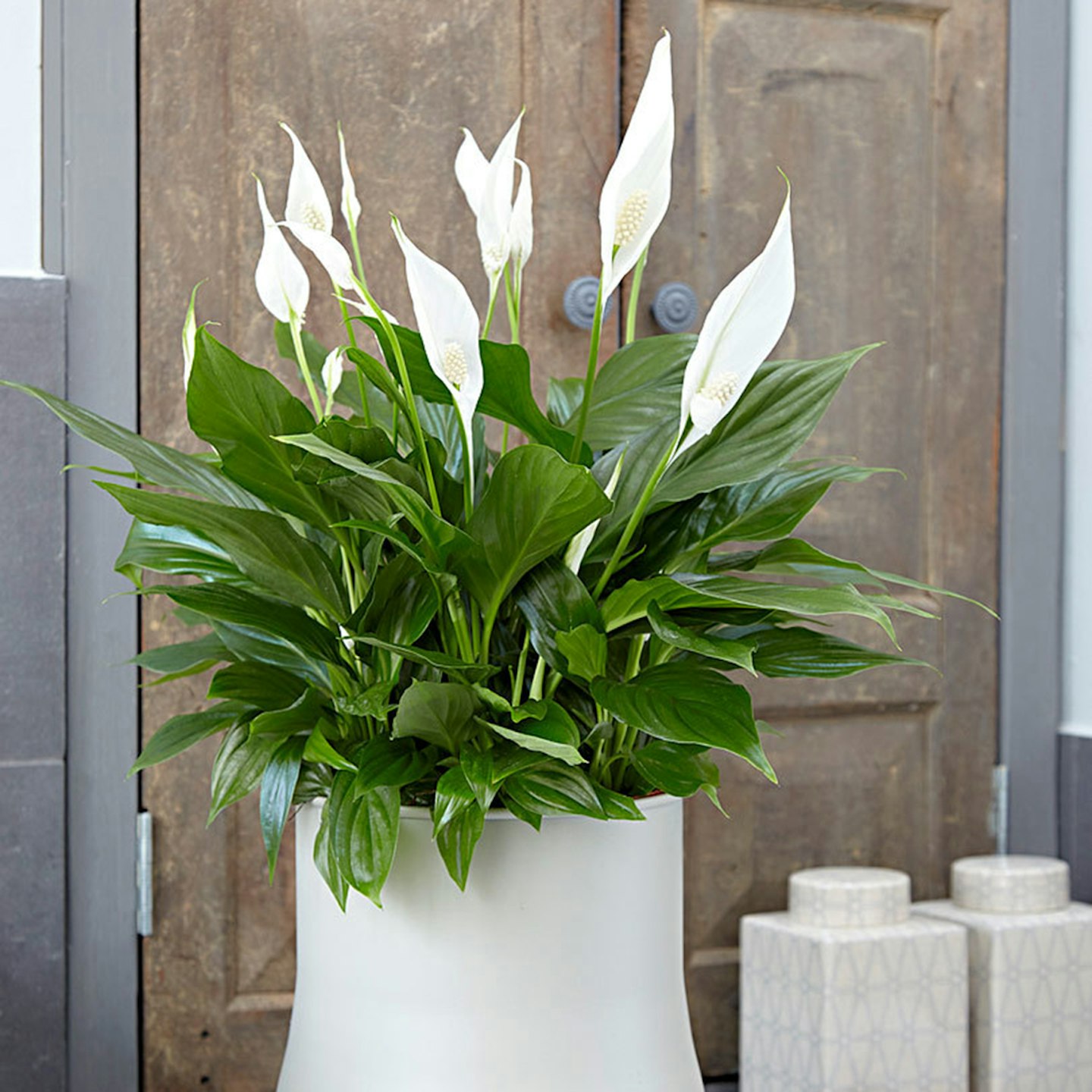 7 of 8
7 of 8Peace Lily
The clue is in the name, guys. The peace lily is believed to help you grow spiritually, physically and mentally. Their pointy leaves are meant to help the flow of energy around your home and, on a practical level, they're really easy to look after.
.jpg?auto=format&w=1440&q=80) 8 of 8
8 of 8Spider Plant
Not only super easy to take care of, the Spider Plant (or Chlorophytum variegatum if you're feeling fancy) is also a plant that purifies the air. PLUS you can get one from Lidl for just £2.79 at the moment - win win!
